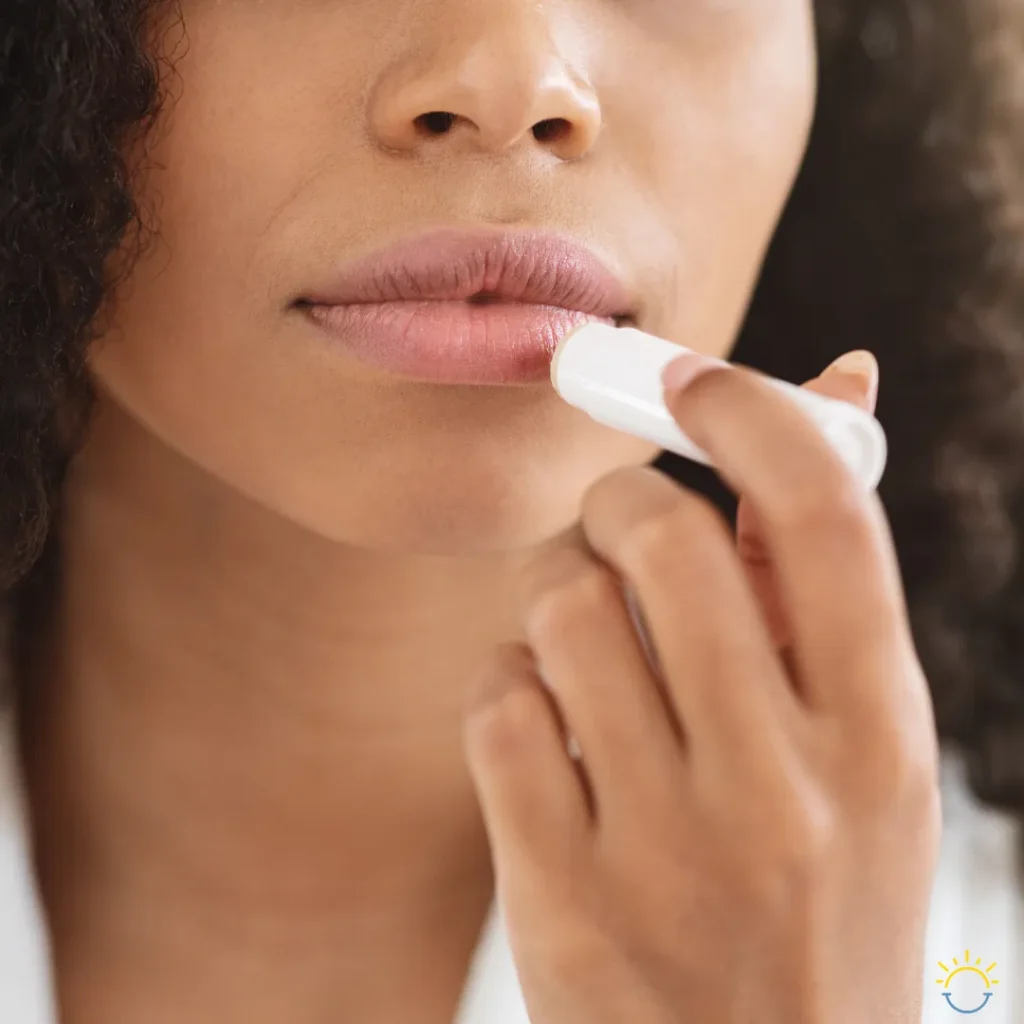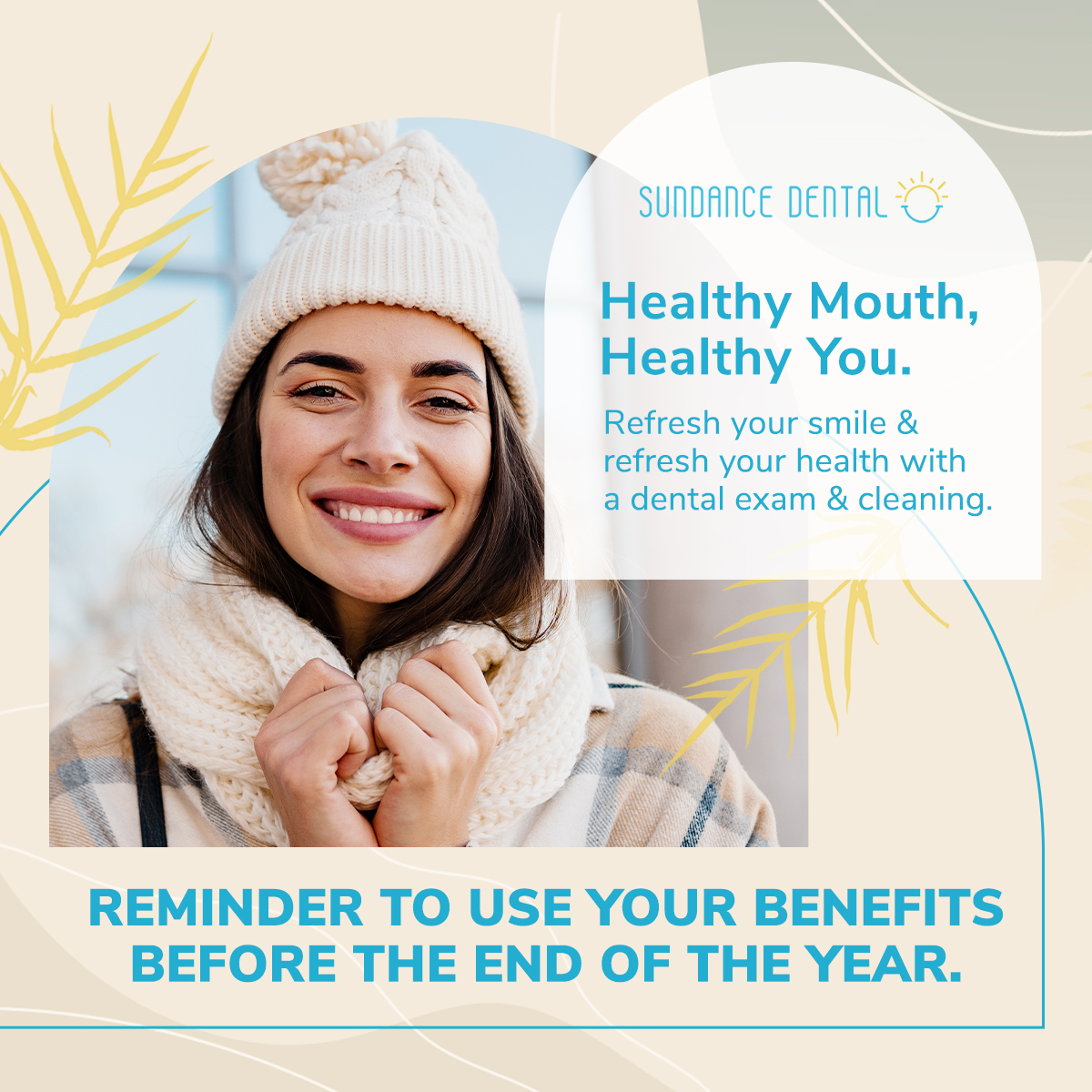What are the signs and symptoms of lip cancer and how SPF lip balm can lower your risk.
Lip cancer is a type of mouth cancer, which sounds scary, but the good news is that if caught early, it can be treated successfully. Therefore, early diagnosis is essential.
If you haven’t heard much about it, you’re not alone; a worrying statistic is that although 88% of the Canadian public have heard of mouth (including lip) cancer, 75% do not know what the main signs and symptoms are. It is estimated that mouth cancer actually kills more people per year than cervical cancer, testicular cancer, and brain cancer combined. So, it really is important to know what to look for and how it differs from other types of cancer.
Signs and symptoms include:
Visible changes in the skin on the lips.
Open sores.
A red patch that becomes crusty, itchy, or bleeds.
Lumps or wart-like growths.
A pale or white skin area that looks like a scar.
If you want to find out more, visit the Canadian Cancer Society ‘Risk Factors for Oral Cancer’ page
Causes
Like many cancers, lip cancer, can be attributed in part to lifestyle factors. The following factors increase the risk:
Sun Exposure
Tobacco use
Alcohol use
Approximately a third of lip cancers are associated with excessive sun exposure so you could be excused for thinking that we do not need to worry in Canada. However, while the incidence of lip cancer is fairly low (around 12.0 per 100,000 per annum) of all cancers in Canada, that does not mean it is non-existent.
Indeed, the risk is only going to get worse, due to climate change, including depletion of the ozone layer, global warming, and air pollution. Also, lots of people have taken up new outdoor activities following covid-19 such as running, walking, cycling, gardening and water sports, all leading to greater exposure to UV radiation even on a cloudy day.
Tobacco and alcohol use are also risk factors. People who drink three to four alcoholic beverages a day are twice as likely to develop mouth cancer than those who do not, and the risk is two to three times greater when tobacco use, and daily alcohol consumption are combined.
Is it a cold sore or cancer?
Some people panic when they see open sores on their lips, but although cancerous lesions may look or feel like cold sores when they first appear, they don’t heal as quickly.
The Canadian Dental Association has a great fact sheet about cold sores.
The most important thing to remember is if you do notice a change in your lips’ appearance, talk to your dental professional or doctor – they will be able to reassure you and refer you for a second opinion if necessary.
How does lip cancer differ from other cancers?
This disease differs from others because it is almost always curable if caught early, and it usually quite visible.
Early diagnosis of lip cancer
It can’t be stressed enough that one of the most important things you can do to reduce your risk of late diagnosis is to attend regular appointments with your dental professional as they are trained to detect signs of mouth cancer.
Report any changes to them such as sores, growths, or a difference in lip colour. Early diagnosis is essential, as lip cancers are almost always curable when caught and treated early.
Prevention
There are many lifestyle choices you can make to reduce your risk of developing lip cancer.
If you drink more than is recommended or smoke at all, then you are increasing your risk. Up to 90% of all mouth cancers are linked to lifestyle factors and that smoking can increase your risk by up to ten times. So, there is a right time to quit smoking, and it’s now!
Because UV rays primarily come from sunlight, apply protective SPF lip balm daily even on a dull day.
In summary
It’s never too late to change your lifestyle for the better; be vigilant in checking for changes on your lips, decrease your risk factors if you can, keep your smoothest muscle fit by wearing SPF lip balm daily and ensure you make and attend regular appointments with your dental professional.
Be lip cancer aware and share your knowledge to help others and lastly, “If in doubt get checked out”.





